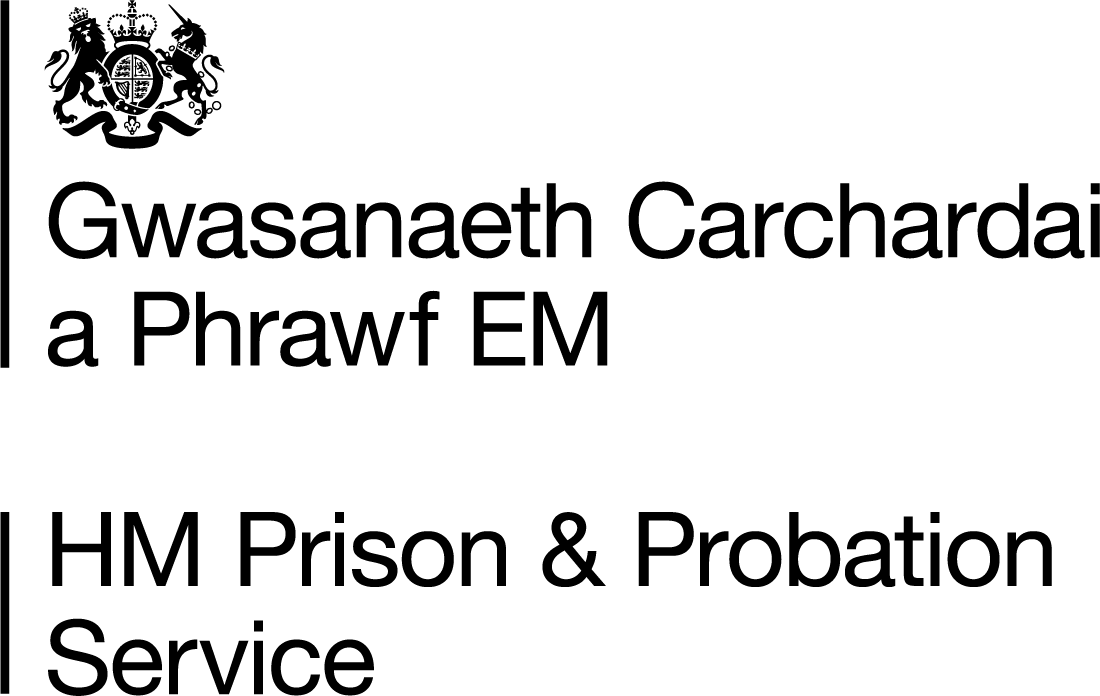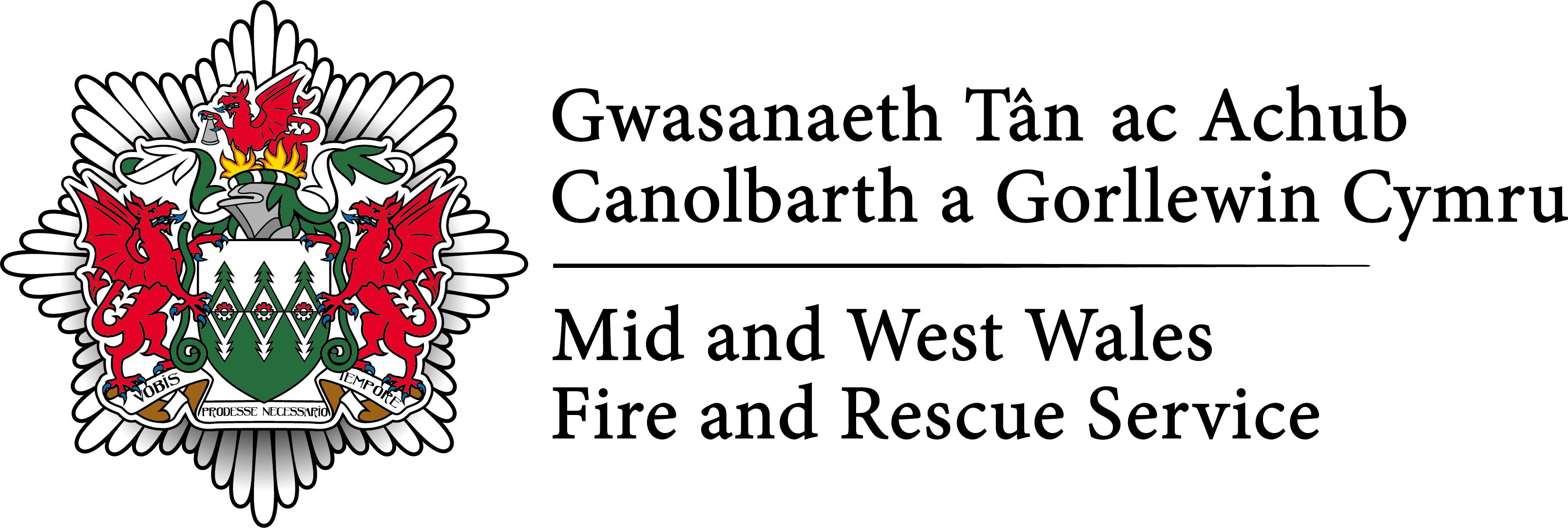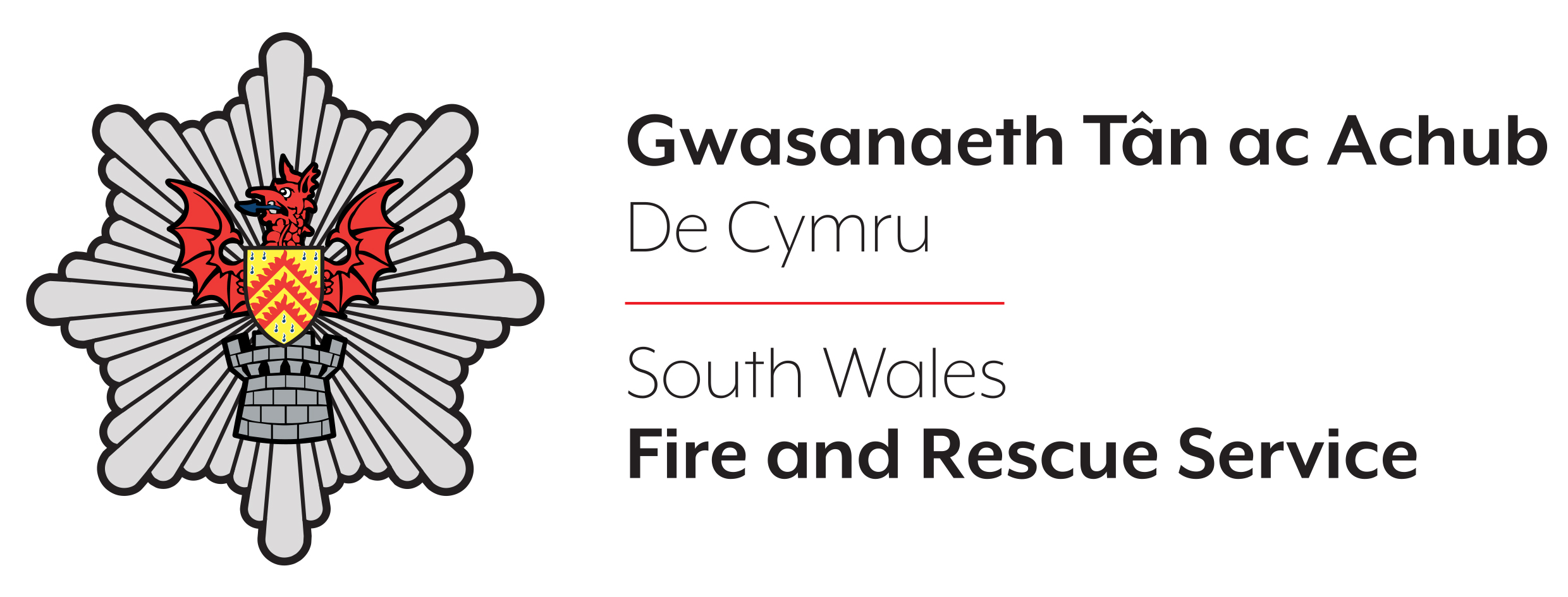Female Genital Mutilation Act 2003 prohibits FGM.
The Serious Crime Act 2015 amended the 2003 Act to insert new provisions to extend extra-territorial jurisdiction for FGM, provide anonymity for victims of FGM, create a new offence of failure to protect a girl from FGM, introduce FGM Protection Orders, introduce a mandatory reporting duty requiring regulated health and social care professionals to report known cases of FGM in under 18s to the police.
Social Services and Wellbeing (Wales) Act 2014 provides safeguarding legislation for both adults and children.
Wellbeing of Future Generations (Wales) Act 2015 outlines the collective role of the Public Service Boards (PSB). Statutory duties that can be discharged via a Wellbeing Plan, which can cover VAWDASV. A VAWDASV Strategy can meet the Statutory Duty and feed into the development of the local Wellbeing Plan.
In addition the following:
- The Children Act 2004 (England and Wales)
- The Human Rights Act 1998
- The European Convention on Human Rights
- The UN Convention on the Rights of the Child (the UK has ratified)
- The section 47 of the Children Act 1989
- The Adoption and Children Act 2002
- The UN Convention on the Elimination of All Forms of Discrimination against Women










